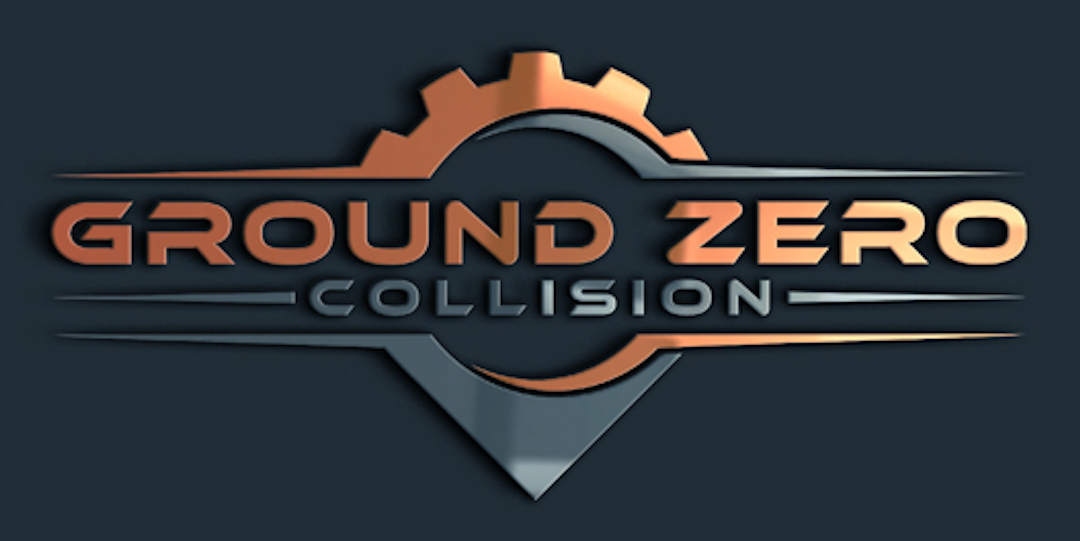The collision repair industry, a vital component of automotive maintenance, is often overlooked in discussions about ethical practices. Yet, the decision to use Original Equipment Manufacturer (OEM) parts versus aftermarket parts in repairs raises significant ethical considerations. This choice not only impacts vehicle integrity but also customer safety and satisfaction. In this article, we delve into why choosing a repair shop that exclusively uses OEM parts and follows vehicle manufacturer procedures is not just a matter of quality, but an ethical imperative.
Understanding OEM Parts and Their Ethical Implications
OEM parts are components made by the vehicle’s original manufacturer. They match the parts that came with your vehicle when it was newly manufactured. The use of OEM parts in collision repair is a significant ethical choice because it aligns with the highest standards of safety and quality. These parts ensure the vehicle is restored to its pre-accident condition, maintaining the manufacturer’s intended safety, functionality, and aesthetics [1].
The Ethical Advantage of OEM Parts
- Safety: OEM parts are designed specifically for your vehicle, ensuring optimal safety. They are produced to the manufacturer’s exact specifications, guaranteeing a perfect fit and maintaining the integrity of safety features [6].
- Quality and Reliability: These parts have a reputation for quality and reliability, as they are often made with higher-grade materials and undergo rigorous testing [5].
- Warranty and Value Preservation: Using OEM parts helps maintain the vehicle’s warranty and can preserve its resale value. They come with their own warranties, offering an additional layer of consumer protection [1].
The Role of Vehicle Manufacturer Procedures
Adhering to vehicle manufacturer procedures during repairs is equally important. These procedures are developed by the manufacturer, detailing the recommended methods and techniques for repairing their vehicles. They are designed with a deep understanding of the vehicle’s engineering, ensuring that repairs maintain the vehicle’s structural integrity and safety features. Choosing a shop that follows these procedures is an ethical decision that prioritizes the long-term well-being of the customer and the vehicle [3].
The Ethical Responsibility of Repair Shops
Repair shops have an ethical responsibility to provide services that ensure the safety and satisfaction of their customers. This responsibility includes:
- Educating customers about the benefits of OEM parts and manufacturer procedures.
- Ensuring technicians are trained and aware of the latest manufacturer procedures and guidelines.
- Prioritizing the use of OEM parts to guarantee quality repairs [2].
The Impact of Ethical Choices on Consumer Trust
The decision to use OEM parts and follow manufacturer procedures significantly impacts consumer trust. Customers rely on repair shops to make decisions in their best interest. By choosing ethical practices, repair shops build trust and credibility with their customers, ensuring repeat business and positive referrals. This choice also reflects a commitment to professional integrity and a high standard of service [4].
Conclusion
The ethical implications of using OEM parts and following manufacturer procedures in the collision repair industry are profound. These practices ensure the highest standards of safety, quality, and customer satisfaction. As the industry continues to evolve, it is imperative that repair shops prioritize these ethical choices to maintain trust, uphold safety standards, and ensure the longevity of repaired vehicles. By doing so, they not only serve their customers better but also contribute positively to the reputation and standards of the collision repair industry as a whole.

